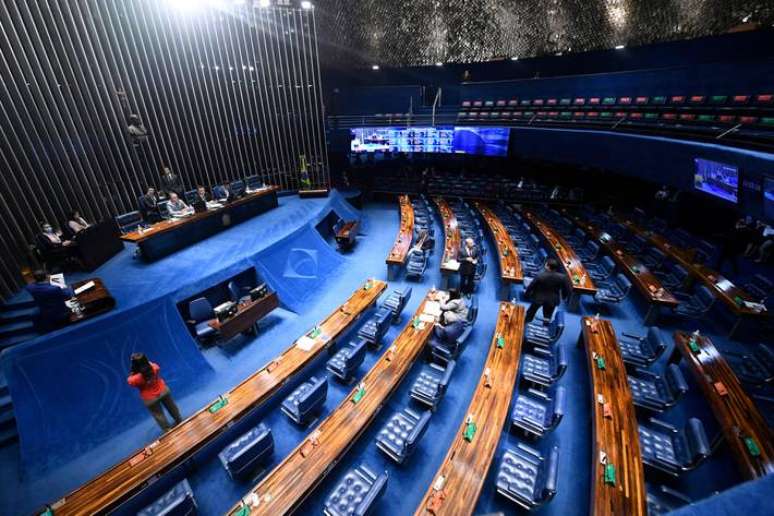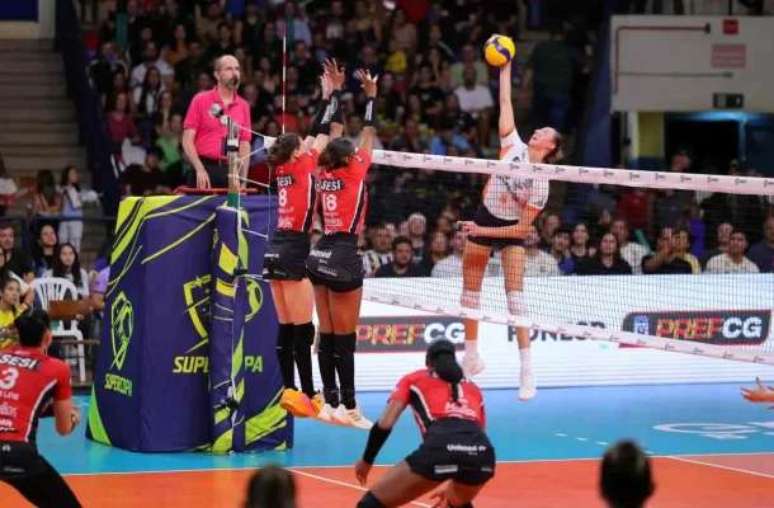Infralegal regulation is much more agile and dynamic than the law and facilitates actions for the market to function efficiently
I am, a priori, against an insurance law for Brazil. I have three reasons for this. The first is that the national regulatory framework is sufficient to regulate the business, without depriving insurers of the flexibility necessary to offer products suited to the needs of the population. The second is that infra-legal regulation is much more agile and dynamic than the law and facilitates actions so that the market works efficiently. And the third is that it is not true that the most developed nations have laws of this nature. Those that are truly developed, and where insurance has a prominent place, do not have a specific law regulating the matter.
But whatever I think. The time for this discussion has passed and we have before us PLC 29/2017 which is in the process of being approved by the Federal Senate. And this is where the problem lives. This bill was discussed for more than 20 years, until arriving at PLC 29/2017, signaled by the then federal deputy Lucas Vergílio, and approved by the Chamber of Deputies, to then be sent to the Senate for a vote.
There he spent five years sleeping in one of the many boxes where bills of no urgency or relevance are hidden for the moment, until it was recently unarchived by the president of the Senate and brought back to the plenary vote.
That said, it is certain that Brazil will have an insurance law. In principle, this is not a bad law. Its biggest problem is that it can stifle the industry and, in some places, its rules fall behind the realities of the market. Nothing wrong with that. These are specific determinations, which can be modified by the Senate without changing the fundamental principles of the law.
It is important to clarify that several years have passed between the bill presented by MP Lucas Vergílio and today, and in that time, the world and Brazil have changed a lot. This alone would justify a re-reading of the entire bill. An adaptation of his rules to the direction taken by the current world would not do any harm to the Brazilian policyholder, who is ultimately the one he intends to protect.
On the contrary, by updating its provisions to the national reality, the insured would be the main beneficiary. He loses nothing by waiting a little longer for the approval of a project which up to now has not helped him because, despite having been discussed for decades, it has never come into effect. It is wiser to delay its approval by the Senate for a few months, in which the bill would be reviewed and possibly amended, rather than vote it as it is and give the Brazilian insurance market an outdated law that could jeopardize its development in the benefit of society.
The best is the enemy of the good. Brazil is a champion in developing big laws that go into effect and are a mess. Insurance law doesn’t need to be exceptional, it needs to be effective. As an old politician said: prudence and chicken soup never hurt anyone.
Source: Terra
Rose James is a Gossipify movie and series reviewer known for her in-depth analysis and unique perspective on the latest releases. With a background in film studies, she provides engaging and informative reviews, and keeps readers up to date with industry trends and emerging talents.






